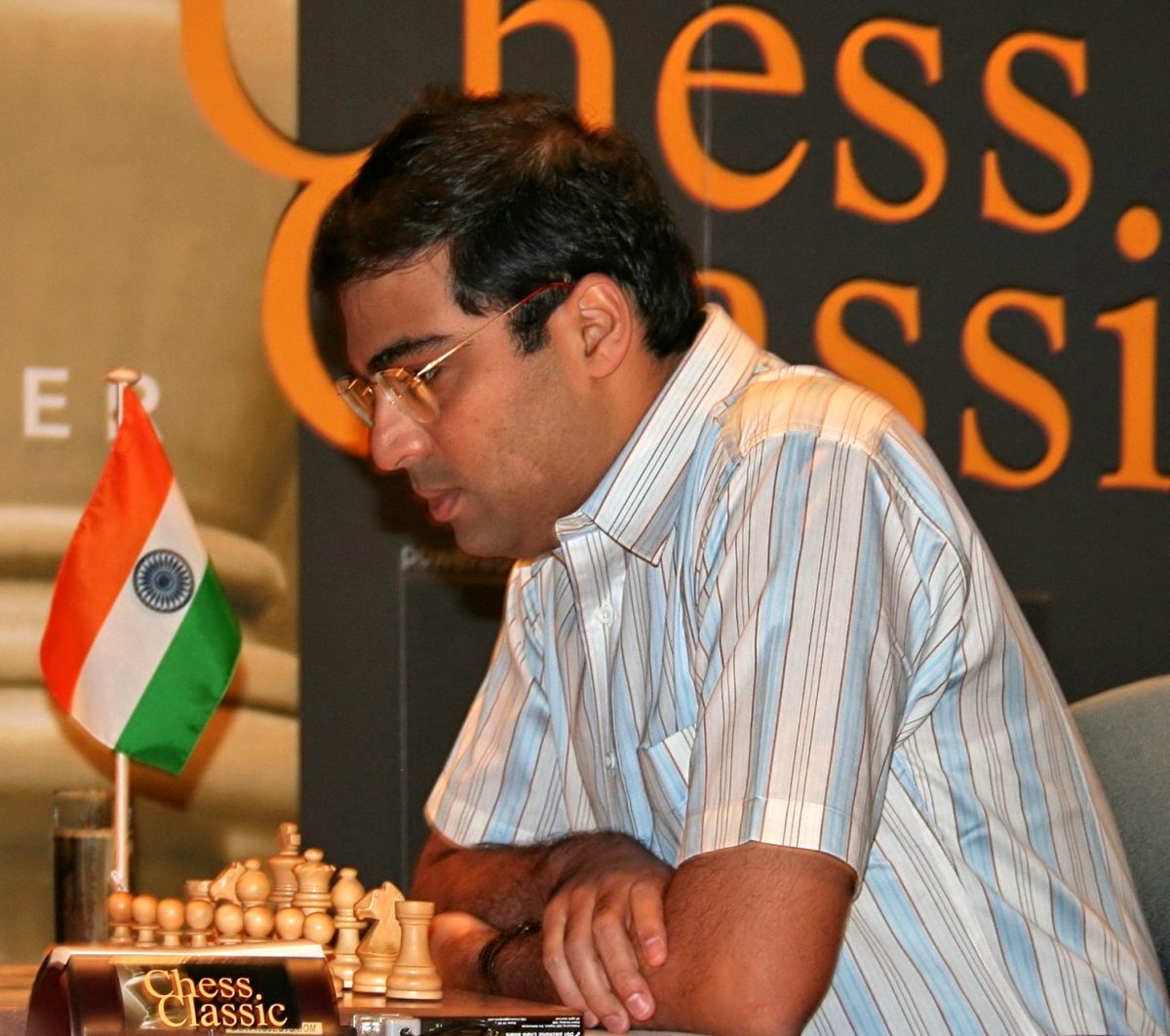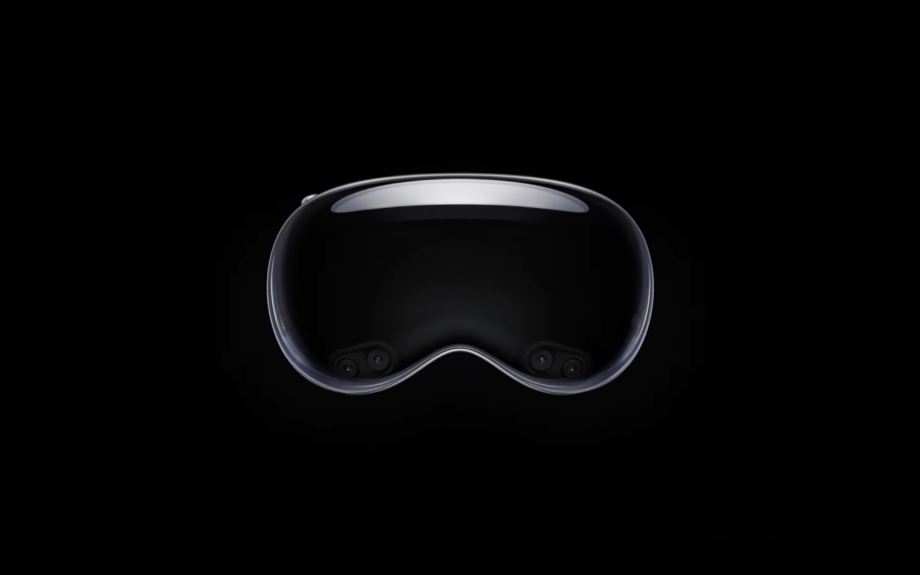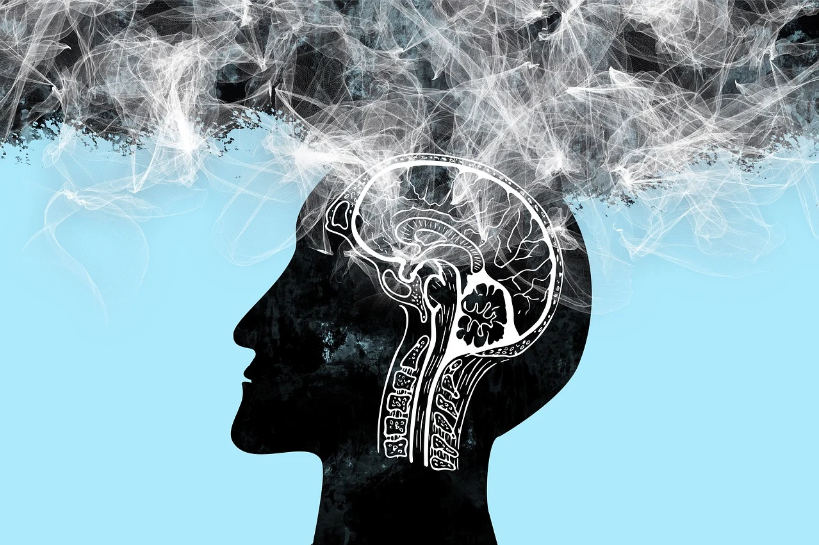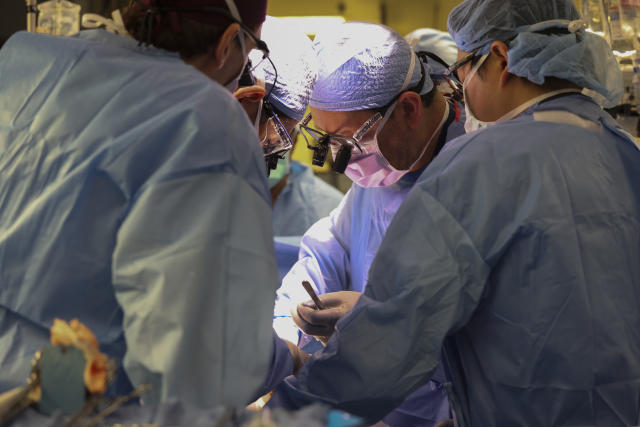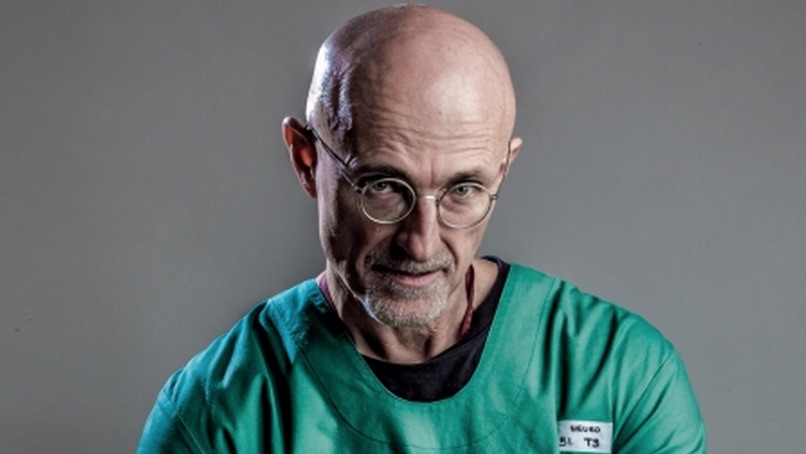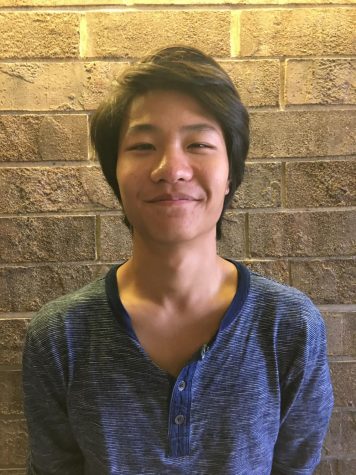First Ever Head Transplant to Be Performed
October 5, 2017
Our memory, IQ, and character are all stored in one place, our head. Now think about someone else’s head attached to your body. Crazy, right?
In December, the world’s first ever head transplant will take place. This surgery will be performed by Italian neurosurgeon, Sergio Canavero. Since announcing his plan to perform this surgery, he has recruited Chinese surgeon Dr. Xiaoping Ren. If Dr. Canavero does in fact succeed in this transplant, it will be a historic and important medical breakthrough.
Two patients were needed to perform this surgery. One of them is a Russian man, Mr. Valery Spiridonov, who suffers from Werdnig-Hoffmann Disease, a rare genetic disorder that deteriorates nerve cells both in the spinal cord and the brain. Mr. Spiridonov has lived his life confined to a wheelchair, with weak limbs and movement limited to only typing and eating.
“Removing all the sick parts but the head… would do a great job in my case. I couldn’t see any other way to treat myself,” Spiridonov said to The Atlantic. He hopes that by severing his head and attaching it to the healthy body of a young and braindead volunteer patient, he will be able to escape the clutches of his fatal, crippling genetic disease.

Even though Dr. Canavero wrote many papers on this procedure and has performed it on mice, the process of this surgery is still extremely complicated and difficult. First the surgeons must cool both bodies down to 50 degrees Fahrenheit, which will slow down tissue death in the brain for approximately an hour, creating a short window of time to allow the surgeons to complete the surgery. Next, with the use of a diamond blade, they will carefully sever the patients’ heads and spinal cords. Then, a custom crane will be used to hang Spiridonov’s head by velcro straps onto the healthy body’s neck. Following this, a chemical called polyethylene glycol, or PEG, which has been shown to promote regeneration in the spinal cord, will be used to fuse the two ends of the spinal cord together. Finally, the rest of the healthy body will be joined with Spiridonov’s head and will be kept in a coma for three to four weeks to prevent movement and promote healing. Implanted electrodes would be used to stimulate the spinal cord to strengthen new nerve connections.
Canavero is confident the operation will be a success. “The transplant – which would require 80 surgeons and cost tens of millions of dollars if approved – would have a 90 percent plus chance of success,” he said to The Atlantic. Many people in the scientific world, however, have doubts.
All historic surgeries and medical breakthroughs have engendered doubts and concerns all over the world. The Humpty Dumpty surgery, for example, in which a heart is removed entirely and repaired outside the body, was believed by many people in the medical field to be “junk science,” a term used when doctors create false hope for patients and society at large. It is performed often nowadays.
But a head transplant is a whole different matter. Many scientists believe that what Canavero and Ren are planning to do is impossible, and even a few critics have said that if the doctors fail, which is a likely outcome, that they should be charged with murder.
“It’s hard to judge their work,” said Xianghai Liao, a doctor at Columbia Medical Center. “I always admire their passion for the science and their adventure. Eventually, the success of the head transplant will lead to the revolution of the history of the humans, but we still have a long way to go.” Another doctor, Ji Ruiping, also at Columbia Medical Center, has stated that she doesn’t believe the head transplant will work because spine repair techniques have not been perfected. She believes, though, that if this head transplant succeeds, “It can treat many patients with central and peripheral nervous system diseases and will make great advances in the treatment of many diseases.” Still, she fears that this procedure may affect the patient physically and also psychologically.
Mr. Peter Kennel, a resident at New York Presbyterian Hospital, believes that, hypothetically, this head transplant is a great idea. “There should be no limitations to research, but on the other hand this surgery would be very problematic ethically and would have unforeseeable problems for the society,” said Kennel.
Overall, many people believe that this head transplant will be huge scientifically, but they doubt that we have the technology to perform this procedure successfully.
In just a few months, we shall see.


